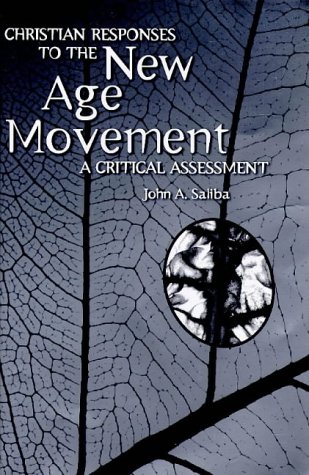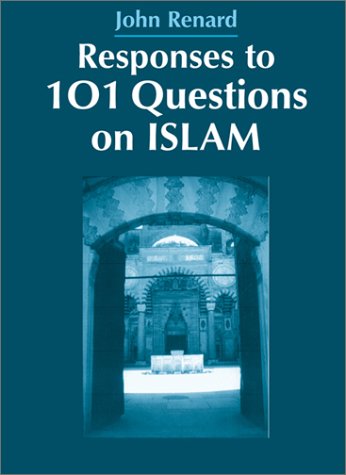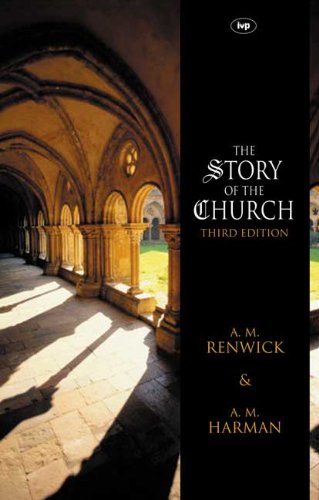The Spirit, Pathos and Liberation: Toward an Hispanic Pentecostal Theology
Written by Samuel Solivan Reviewed By Lloyd K. PietersenSolivan’s central thesis in this book is that the concept of orthopathos should provide the ‘third leg of the theological stool’ alongside orthodoxy and orthopraxis. By orthopathos he means paying critical attention to experiences of suffering, dehumanisation, pain and marginalisation. Recognising that suffering so often results in self-alienation, Solivan insists that orthopathy emphasises the ways in which suffering can be a source for liberation and social transformation. In the introduction Solivan notes that orthodoxy (correct doctrine) historically has proved grossly inadequate in dealing with issues of oppression and injustice. On the other hand, according to Solivan, in the Western academic environment liberation theology’s insistence on orthopraxis (critical reflection on action already engaged in) has been transformed into what he calls cognitive praxis—critical reflection on the praxis of others as a theological exercise.
After an introduction to the concept of orthopathos, the book consists of five main chapters and a concluding sixth chapter. The first chapter consists of an overview of Hispanic roots and diversity in North America. The second chapter critically examines the Augustinian concept of divine impassability. In this chapter Solivan argues for the ‘orthopathic’ nature of God, or what Abraham Heschel calls ‘divine pathos’. In the third chapter Solivan examines some biblical paradigms that he considers are particularly relevant to the Hispanic-American context and which highlight ways in which experiences of suffering and oppression can be transformed by the Holy Spirit into liberating experiences of hope and promise. Chapter four explores four critical issues in Hispanic-American theology: religious experience, suffering, pneumatology and the importance of language and culture. The fifth chapter highlights some of the challenges facing the contemporary Hispanic-American church.
The book has much to commend it. It requires us to examine our concept of biblical authority in the light of an Hispanic-American Pentecostal understanding. It argues for the use of the category of suffering as a more comprehensive concept than that of the poor when dealing with issues of justice and compassion. Solivan offers a particularly illuminating discussion of Acts 2 in connection with language and culture, which leads to a plea for a ‘Spanish reading’ of Scriptures. The author’s Pentecostal understanding of the transforming power of the Spirit enables him to offer a more nuanced view of systemic evil than that found in many liberation theologians. Solivan recognises that transformation can and docs occur despite the systemic presence of evil. This does not mean a passive acceptance of the status quo; Solivan clearly states that weakness and powerlessness are not to be equated with economic or political indifference. However, it does mean that suffering can be embraced as a means of transformation within such contexts of powerlessness. The following quotation exemplifies both the author’s understanding of orthopathos and the passion with which he writes. Speaking of Hispanic-American Pentecostal churches, he writes:
The poor make up their leadership and their membership. The issue of the place of the poor is not some item on long agendas of theological consideration. Rather, it is the very lifestyle and character of the church. Suffering, poverty and marginalisation are not loci for some theoretical reflection. They constitute the daily experience of its members and leadership. The miracle of the possibility of orthopathos is the daily fabric that makes up ministry in the ghetto. The living proof of this liberating appropriation of suffering is attested to in many lives in our congregations and serves as the living witness to the presence of God among the suffering poor. Even though our communities remain destroyed, and we are forced to live our lives in inhuman living conditions, we still can attest to the transforming work of the Holy Spirit in people’s lives, empowering them to overcome their suffering, misery and despair. (111).
Solivan self-consciously writes out of his experiences as a Puerto Rican reared in New York City where ‘[t]he streets of El Barrio in East Harlem are the daily testing ground of both the vitality and the resilience of poor persons’ faith’. He also writes as a Pentecostal scholar who has been exposed to reformed, liberal and liberation theologies. Finally, he writes with obvious pastoral concern for the Hispanic-American communities he serves. This is thus a passionate book, written with a combination of scholarly rigour and pastoral insight. As such, it represents Pentecostal scholarship at its best. I recommend this book to anyone who is concerned about issues of social justice but remains unconvinced by the solutions proposed by the various liberation theologies.
Lloyd K. Pietersen
University of Sheffield







